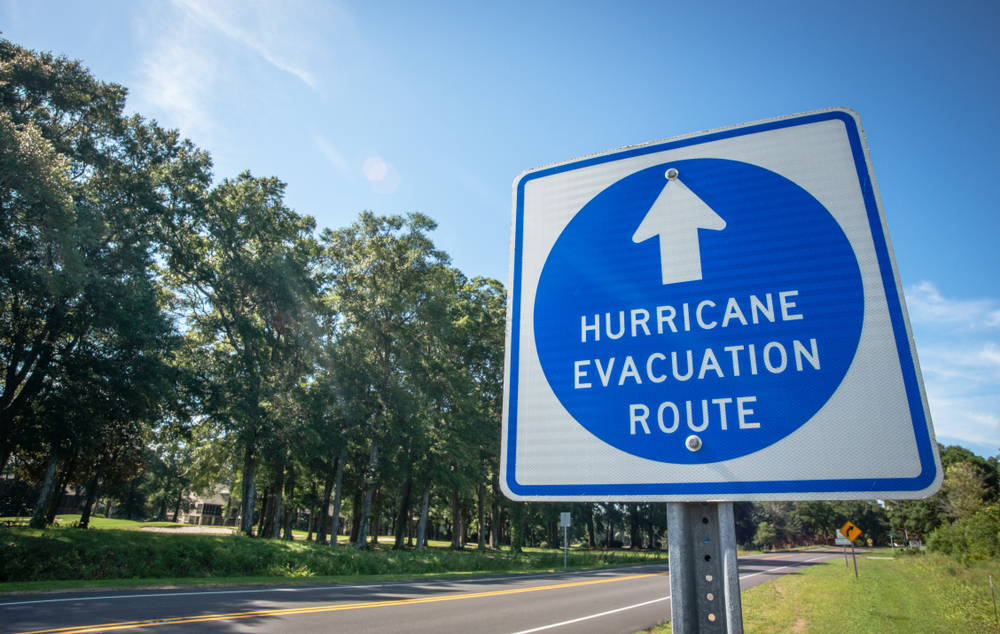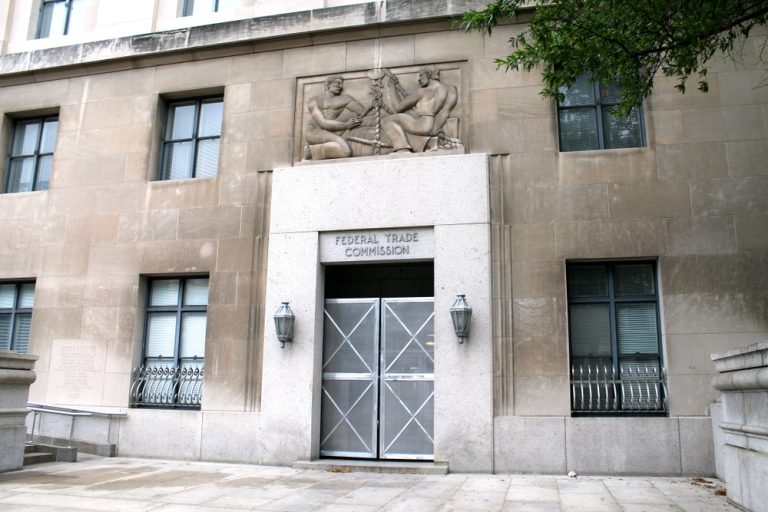Preparing for the Worst: What Employers Need to Know Before the Hurricane Hits
Preparing for the Worst: What Employers Need to Know Before the Hurricane Hits
“Preparation is key, from ensuring they have a proactive communications plan to thoroughly planning for all legal obligations to their employees.“
We’re now more than halfway through the 2025 hurricane season, and so far this year, Florida residents and businesses frequently impacted by severe weather like hurricanes and floods have not had to deal with a large-scale natural disaster and its aftermath. However, that doesn’t mean employers can sit back and relax. Preparation is key, from ensuring they have a proactive communications plan to thoroughly planning for all legal obligations to their employees.
Employment attorneys frequently receive natural disaster-related questions from their clients. The following explores three of those questions and how to respond to them.
What Are My Legal Obligations for My Employees’ Safety?
Businesses must abide by Occupational Safety and Health Administration (OSHA) mandates, which require employers to provide a safe workplace environment. In the case of a natural disaster like a hurricane, employers need to have a well-defined safety plan that includes evacuation procedures and designation of a safe room in case of severe storm like a tornado, among others.
Attorneys should also advise clients to have a communication plan in place that lets employees know when the business must close for adverse weather and if they are expected to work remotely.
Finally, businesses should train employees on what to do in the event of a natural disaster. Many employers conduct fire drills, but other similar training should be implemented if the business has reason to believe another type of disaster might occur.
How Do We Handle Paying Employees if Business Is Disrupted or Closed?
Speaking of closures, clients frequently ask employment attorneys about operational disruption or business closure of a business due to a severe weather event.
The Fair Labor Standards Act (FLSA) dictates how employers must handle employee compensation. Paying employees during a natural disaster differs for exempt versus nonexempt workers. The business must pay nonexempt workers for hours actually worked. When it comes to exempt employees, the employer is required to pay full salaries if any work was performed during the week, even if the workplace was closed because of a weather event.
Attorneys should also encourage clients to plan for they will maintain payroll and attendance records in the event a storm causes damage to the physical building that houses that information. Employers should have a plan for backing up these records and other important information in cloud storage or at an offsite location to ensure uninterrupted access to it.
What if I Need to Make Temporary or Permanent Staffing Changes?
When businesses need to temporarily or even permanently lay off employees in the wake of a natural disaster, their attorneys should advise them to thoroughly document those adjustments. Under typical circumstances, the Worker Adjustment and Retraining Notification (WARN) Act requires that private employers with 100 or more full-time workers notify employees 60 days in advance if they are going to be part of a layoff event. When a natural disaster causes the layoff, though, employers are expected to give workers as much notice as possible and provide the required information, including among other things the date the layoffs will begin, the jobs included in the layoffs, and the name of a contact person if employees need more information. Failure to comply with the WARN Act in this context can lead to civil penalties and employee back pay and benefits for each impacted worker.
Businesses should also ensure that they are complying with employment contracts and collective bargaining agreements. Both types of documents can have specific provisions relevant to layoffs, and so businesses should carefully review them before laying off employees.
Reprinted with permission from the October 24, 2025 edition of Daily Business Review © 2025 ALM Media Properties, LLC. All rights reserved. Further duplication without permission is prohibited, contact 877-257-3382 or reprints@alm.com.









